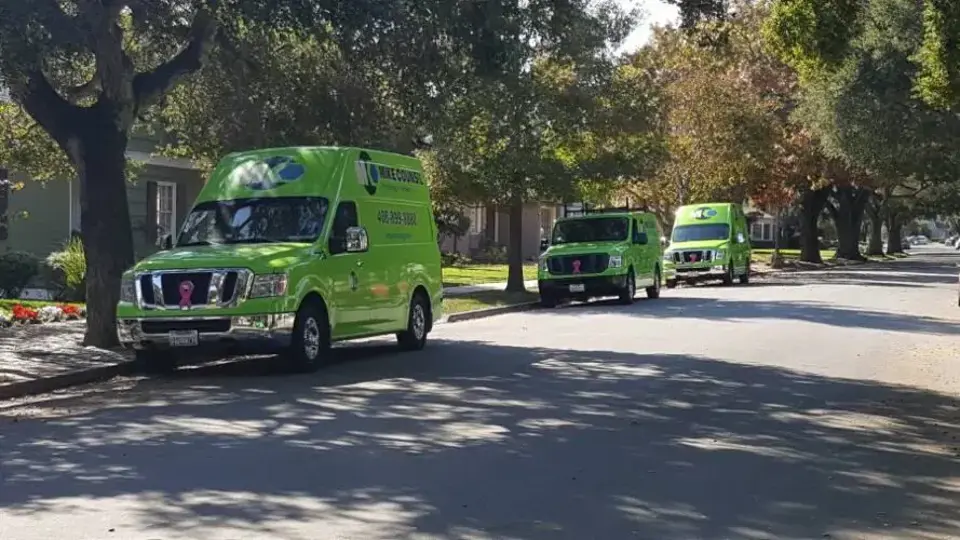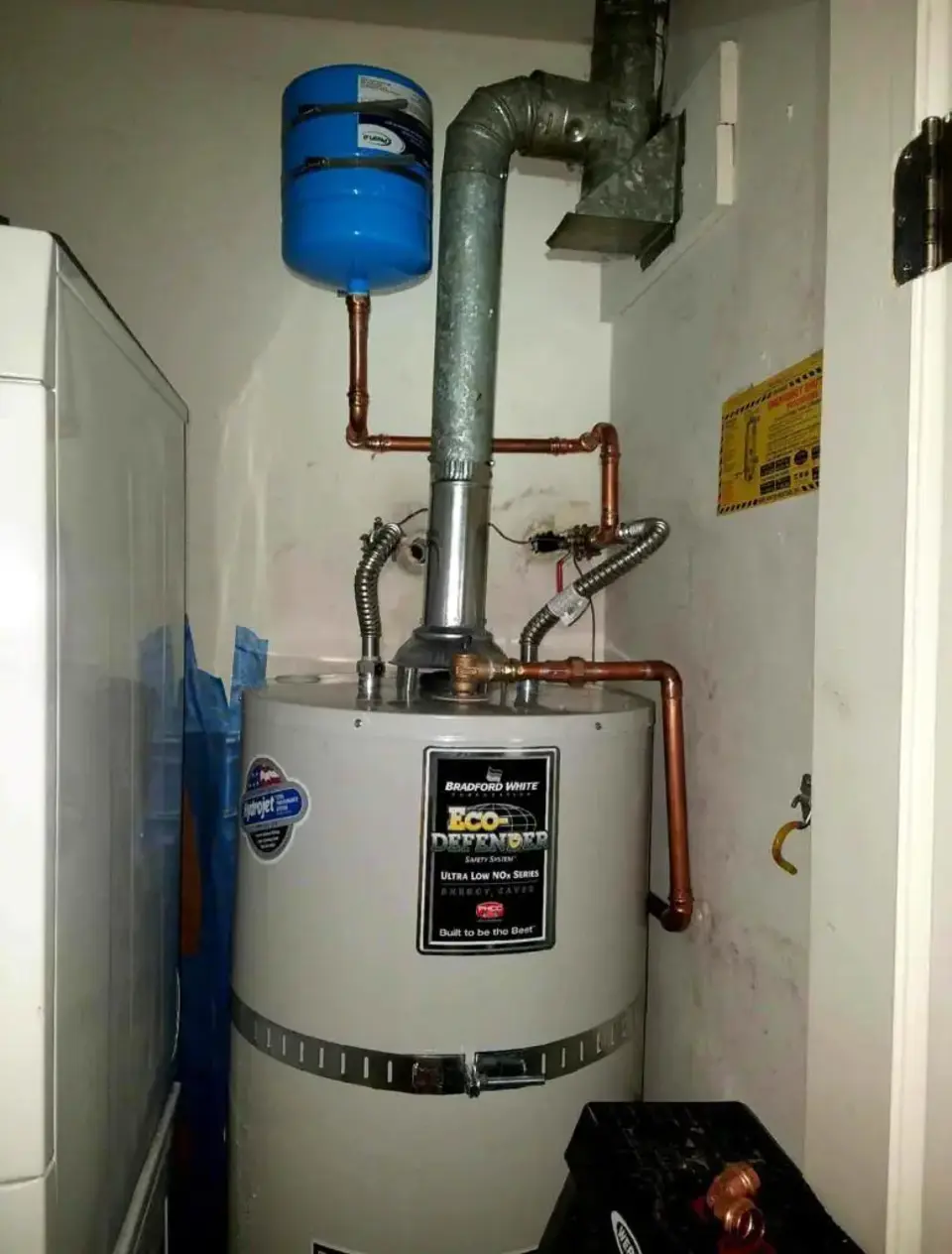Understanding The Hot Water Heater First Hour Rating
Running out of hot water during your morning shower can turn a peaceful start to your day into a frustrating experience. However, understanding your water heater’s first hour rating and recovery time can help avoid these cold surprises and ensure your San Jose, CA home has adequate hot water for your family’s needs.
Your water heater’s performance depends on more than just its tank size. The first hour rating tells you exactly how much hot water your system can deliver when you need it most, while recovery time determines how quickly you’ll have hot water again after heavy usage. These specifications are essential for San Jose residents with larger families or homes with multiple bathrooms competing for hot water throughout the day. Getting familiar with these concepts will help you make informed decisions about your current water heater’s capabilities and guide you toward the right system if you’re considering an upgrade.
What Is a Water Heater First Hour Rating?
The first hour rating of a water heater specification measures how much hot water your system can supply during the first hour of heavy demand, starting with a full tank of heated water. This rating combines the tank’s storage capacity with its ability to heat new water as hot water gets used. You’ll find this rating displayed on the yellow EnergyGuide label attached to your water heater. Gas water heaters typically have higher first-hour ratings than electric models because gas heating elements can reheat water more quickly than electric elements. For most San Jose households, a first hour rating between 60 and 80 gallons works well for families of four. Larger families or homes with multiple bathrooms may need systems with a rating of 80+ gallons to meet morning and evening demand peaks.
Factors That Affect Water Heater Recovery Time
Water heater recovery time refers to how long your system takes to reheat a full tank of water after it’s been depleted. Several key factors influence water heater recovery time, and understanding these can help you optimize your system’s performance:
- Fuel Type and Heating Power – Gas water heaters typically recover faster than electric models. A standard gas unit can reheat a 50-gallon tank in 30-40 minutes, while electric water heaters may take 60-80 minutes for the same capacity.
- Tank Size and Insulation Quality – Larger tanks naturally take longer to heat, but they also store more hot water for immediate use. Well-insulated tanks retain heat better and require less energy to maintain temperature, which can improve overall recovery performance.
- Incoming Water Temperature – San Jose’s mild climate means incoming water temperatures are generally moderate compared to colder regions. However, seasonal variations still affect recovery time.
- Age and Maintenance Condition – Older water heaters often experience longer recovery times due to sediment buildup in the tank, worn heating elements, or reduced insulation effectiveness. Regular maintenance, including tank flushing and element inspection, helps maintain optimal recovery performance.
How to Avoid Running Out of Hot Water
Strategic planning and smart usage habits can help you maximize your water heater’s first-hour rating and minimize the impact of recovery time on your daily routine. Here’s how to avoid running out of hot water:
- Stagger High-Demand Activities – Space out activities that use large amounts of hot water. Instead of running the dishwasher immediately after evening showers, wait an hour or two to allow for recovery time.
- Install Low-Flow Fixtures – Low-flow showerheads and faucet aerators reduce hot water consumption without significantly affecting water pressure or comfort. These fixtures can extend your available hot water supply during peak usage periods.
- Consider Water Heater Timing – Some activities can be shifted to off-peak hours. Running the washing machine or dishwasher during mid-morning or afternoon hours, when hot water demand is typically lower, preserves capacity for essential uses like showers.
- Upgrade to a Higher Capacity System – If your current water heater consistently fails to meet your household’s needs, upgrading to a unit with a higher first-hour rating may be necessary. Calculate your peak-hour demand by adding hot water usage from simultaneous activities to determine the right capacity.
- Explore Tankless Options – Tankless water heaters eliminate recovery time by heating water on demand. While they require a higher initial investment, these systems provide endless hot water and take up less space than traditional tank models.
- Regular Maintenance – Annual maintenance helps preserve your water heater’s recovery performance. Flushing the tank removes sediment that can slow heating, while checking heating elements ensures optimal operation.
Frequently Asked Questions
How do I calculate my household’s hot water needs?
Add up the hot water usage for activities that typically co-occur. A standard shower uses 10-15 gallons, a bath uses 20-25 gallons, and a dishwasher uses 6-10 gallons. Your first hour rating should exceed your peak demand calculation.
Can I improve the recovery time of my current water heater?
Regular maintenance, such as tank flushing and element replacement, can help, but significant improvements usually require upgrading to a higher-capacity or more efficient unit.
What’s the difference between tank capacity and first hour rating?
Tank capacity is simply the amount of water the tank holds, while the first-hour rating includes both stored hot water and the amount heated during the first hour of demand.
Say Goodbye to Cold Showers. Upgrade Your Hot Water Heater Today!
Understanding the water heater’s first-hour rating and recovery time empowers you to make better decisions about your home’s hot water system. Whether you’re troubleshooting current performance issues or planning an upgrade, these specifications provide the foundation for ensuring an adequate hot water supply. If your current system consistently leaves you with cold water during peak usage times, it may be time to consult with Mike Counsil Plumbing and Rooter. We can assess your household’s specific needs and recommend solutions that match your usage patterns and budget. Investing in the right water heater capacity and properly maintaining your system will provide years of reliable hot water service for your family’s daily needs.









